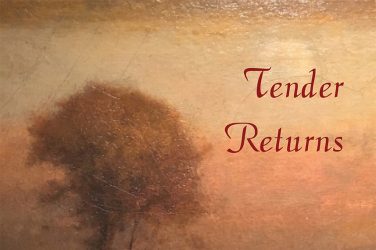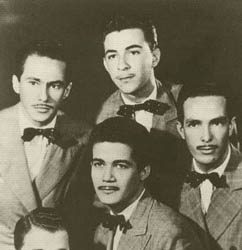Magus-writer Paulo Coelho, despite his
international best-selling author status, was never considered a
talented, serious or provocative author. But in his latest book
released in the US Coelho goes a step further: he talks down to the
reader.
Bondo Wyszpolski
The Valkyries: An Encounter with Angels, by Paulo Coelho, trans. by Alan Clarke (Harper Collins, 245 pp., $20)
With his earlier books, The Alchemist and The Pilgrimage (formerly Diary of a Magus),
Brazilian Paulo Coelho has perhaps become the best known author of his
country — which in purely literary terms is unfortunate when one
considers such writers as Osman Lins, Moacyr Scliar, Rubem Fonseca, and
Jorge Amado.
Unlike his compatriots, Coelho’s fiction straddles those somewhat
dubious categories of self-help, new age, and pop psychology. But while
the earlier books were successful, or at least satisfactory, The Valkyries lacks the fabulist magic and storytelling charisma of The Alchemist, and by its simplicity even makes us feel that we’re being talked down to.
We begin in Rio de Janeiro, where Coelho lives when he isn’t
globe-trotting to promote his many best-selling novels. In this one,
framed as an autobiographical quest, Coelho is instructed by his Master
to find and speak with his guardian angel. In the next breath Paulo and
his wife Christina are scurrying around the Mojave Desert.
Husband and wife bounce ideas off of one another, and this is an area
where the book carries some substance. Chris, too, needs to broaden her
horizons, so if there’s a subtext here, it’s focused on her balancing
both her spiritual needs and growth and also the difficult-to-foresee
peregrinations of her spouse. When they begin to bicker we’re not too
surprised, and the confessional tone of The Valkyries earns
the author some credit for his frankness. It might have been a more
interesting picture if Christina had secretly taken notes and written
her own version of their forty days in the desert.
Forty days in the desert? The other side of the coin is that The Valkyries seems
too contrived, too derivative. From Borrego Springs to Indio we meet
some unusual minor characters (Gene arrives in the nick of time as
Paulo and Chris, who’ve shed their clothes in the hot desert sun, are
succumbing to sunstroke and dehydration), but of course the eight
Valkyries of the title are the most prominent. Led by the red-haired
Valhalla, these leather-clad young women cruise around the desert on
motorcycles spewing forth a kind of spiritual talk that no one
understands. For Paulo, Valhalla is something of a soulmate, and she
helps him dredge up an incident from his past so he can break his ‘pact
with defeat.’
Why should people seek out their personal angels? “Because only the
angels know the best path,” Paulo tells Chris. “It does no good to seek
advice about it from others.”
Nothing wrong in that, perhaps, but ultimately the message is too
simplistic and the picture too rosy: “The world was in the hands of
those who had the courage to dream — and to realize their dreams” is
tolerable; what isn’t is that ‘The day will come when the problem of
hunger can be solved through the miracle of the multiplication of
bread.” Ugh, yeah. Paulo, read Hans Magnus Enzensberger’s Civil Wars: From L.A. to Bosnia.
One admires Paulo Coelho’s wrestling with doubt and wrestling with faith, but The Valkyries is simply treading stale water.
Excerpt from The Valkyries, by Paulo Coelho
“I’ve already witnessed a number of miracles,” he began.
“Many miracles. You and I have even witnessed some together. We watched
J. create openings in the clouds, fill the darkness with light, move
objects from one place to another.
“You’ve seen me read people’s minds, cause the wind to blow, perform
rituals involving power. I’ve seen magic function many times in my life
— both for evil and for good. I have no doubts about it.”
He paused. “But we have also become used to miracles. And we always
want to see others. Faith is a difficult conquest, and it requires
daily combat in order to be maintained.”
It was time for the star to appear, and he had to end his explanation. But Chris interrupted.
“It’s been that way with our marriage, too,” she said. “And I’m exhausted.”
“I don’t understand. I’m speaking about the spiritual world.”
“The only reason I’m able to understand what you’re saying is because I
know your love,” she said. ”We’ve been together for a long time. But
after the first two years of Joy and passion, every day began to be a
challenge for me. It’s been very difficult to keep the flames of our
love alive.”
She regretted having brought up the subject — but now she was going to see it through.










